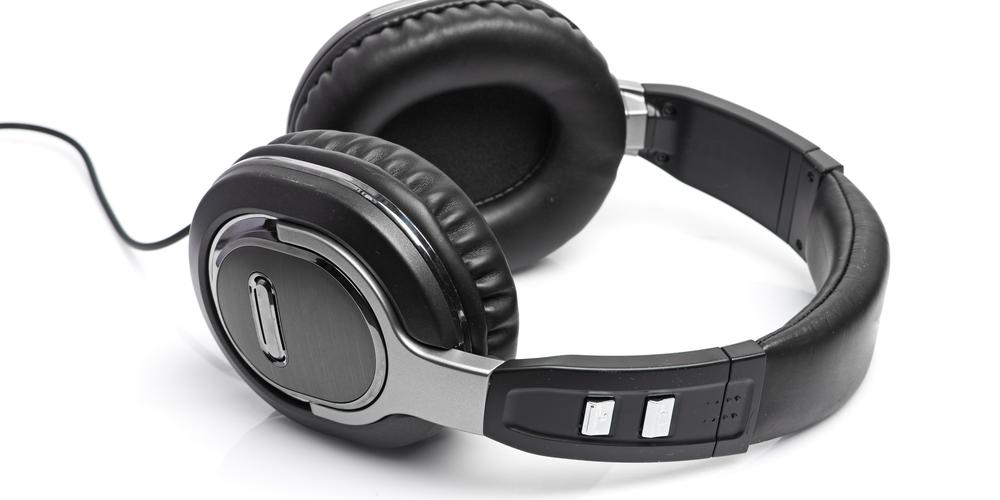One year has passed since the ORPHEUS project was kicked-off. Dedicated to improving the management of audio content to create new user experiences, this European research project gathers 10 partners from Germany, UK, the Netherlands and France, among which b<>com. The challenge? To advance the concept of “object-based audio” to offer immersive and interactive content that adapts to the user.
ORPHEUS is a European research project under Horizon 2020. Its goal is to establish a new workflow for producing, managing and broadcasting audio content, by taking advantage of object-based representations. To understand the project’s objectives and first results, we met with Jean-Yves Aubié, Manager of the Advanced Media Coding lab at b<>com.
What challenge does the ORPHEUS project address?
J-Y Aubié : Digital technologies have revolutionised the way we consume media. The ubiquity of mobile devices means that media can now be consumed anywhere, at any time, and over a variety of platforms. Although this shift in media consumption leads to technical difficulties for broadcasters and content producers, it is also a great opportunity to offer a richer experience to users. This is the challenge the ORPHEUS project addresses: to invent new means to produce and broadcast audio contents that allow to adapt to the different platforms and listening conditions, while enabling a more immersive and interactive user experience.
What role does b<>com play in the project?
J-Y Aubié : b<>com participates in many aspects of the project, thanks to the contribution of a team led by Nicolas Epain, Research Engineer. In terms of research we mostly contribute to two work packages. The first one regards the production of object-oriented audio content. There we bring our expertise in 3D audio and contribute with software tools to make recording 3D audio content easier, for instance. The second work package we focus on has to do with the presentation of object-oriented audio to the user. We help designing intuitive human-machine interfaces that provide easy controls over the various parameters offered by object-oriented audio broadcast. We also assist with assessing the quality of user experience and disseminating the results of the projects.
What is the advantage of working at a European level on this topic?
J-Y Aubié : From a research point of view, the obvious advantage of working at a European level is the opportunity to collaborate with world-leading research institutes and broadcast companies across the continent. It is crucial that we get the input from major media players such as the BBC or the Bayerischer Rundfunk, because one of the goals of ORPHEUS is to define reference architectures and guidelines that may become technical standards in the future.
What are the next steps?
J-Y Aubié : The next big step for the ORPHEUS project is phase 1 of the Pilot, which should take place in summer 2017. For the first time, object-oriented audio will be recorded live and broadcast to users. This is an important milestone because it will be the first time all the bits and pieces contributed by the partners will be connected together. In terms of events, an ORPHEUS workshop will take place in London in June 2017. This workshop will be an opportunity to demonstrate what has been achieved in the project so far.
More info on: https://orpheus-audio.eu/ and follow @ORPHEUS_AUDIO on Twitter.



